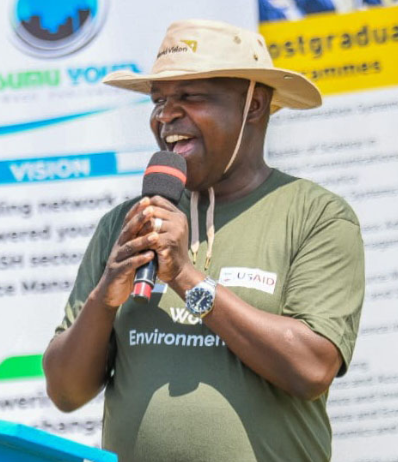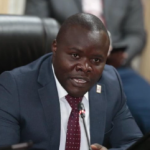The county government of Kisumu is taking significant steps to address the issue of poor forest cover in the region, which currently stands at only two percent. Deputy Governor Dr. Mathews Owili highlighted this concern and announced a restoration program aimed at boosting the forest cover.
The program will focus on major reforestation efforts in Karateng and Koguta gazetted forests, with the goal of planting three million trees. This initiative, carried out in collaboration with partners, seeks to bridge the gap in forest cover and mitigate the effects of climate change resulting from environmental degradation.
To enforce the commitment to tree planting, Governor Prof Anyang Nyong’o issued an Executive Order designating the 10th of every month as Kisumu City Tree Planting Day. All residents and county government staff are expected to participate in tree planting activities and monitor the growth of the trees to ensure the set target is achieved.
Furthermore, the county executive has developed a policy to prioritize environmental conservation as a core duty, with all county government workers being appraised to ensure they meet their set targets in this regard.
During the World Environment Day celebrations in Kisumu, Deputy Governor Owili emphasized the allocation of resources through the budget for environmental management, adaptation, and mitigation programs. Additionally, initiatives such as establishing tree nurseries across the subcounties and strengthening institutional capacity for climate change management are being pursued.
Plans are also underway to gazette and protect three identified water towers in the region, namely Nyatigo Hills in Seme, Kajuku Hills in Kisumu East, and Koru Hills in Muhoroni. Deputy Governor Owili stressed the importance of collaboration with partners and the national government to address climate change, desertification, and land degradation effectively.
“By restoring degraded lands such as those in Katuk Odeyo in Nyakach, abandoned quarries and submerged areas, we can improve our ecosystem services, enhance biodiversity and support livelihoods,” he said.
Kisumu, he said has borne the brunt of climate change, with the recent floods displacing thousands of people and causing massive destruction to crops and infrastructure.
“Specifically, the back flow from Lake Victoria which has adversely affected villages in Nyando, Kadibo, Kisumu Central and Seme is a clear warning that we are yet to see the worst of adverse climatic changes,” he said.
The county of Kisumu, which benefits from the Financing Locally Led Climate Action project, is gearing up to enhance its resilience and implement climate adaptation measures to tackle the adverse effects of climate change.
Deputy Governor Dr. Mathews Owili highlighted several programs that will be initiated as part of this effort, including investments in waste-to-wealth initiatives aimed at creating job opportunities for youth.
As part of these initiatives, Waste Material Recovery facilities have already been established in various locations across the county, including Mamboleo, Otonglo, Obunga, Kasawino, and Manyatta. These facilities will play a crucial role in managing waste effectively and generating economic opportunities for the local population.
Lenard Ofula, the National Environment Management Authority County Director of Environment, emphasized that land degradation remains a significant challenge in the region, leading to pollution of Lake Victoria.
Agricultural runoff carrying contaminants into the lake has a detrimental impact on its delicate ecosystem. Additionally, deforestation contributes to desertification, exacerbating the effects of climate change in the area.
To address these challenges, NEMA, in collaboration with the county government and other partners, is actively implementing various environmental restoration initiatives. These efforts aim to mitigate land degradation, reduce pollution, and restore the natural balance of the ecosystem, ultimately contributing to climate resilience and sustainable development in the region.
“During the planning period for these celebrations, the planning committee has overseen planting of 5,000 trees to help in the restoration efforts,” he said.



